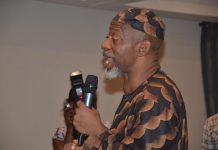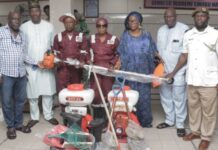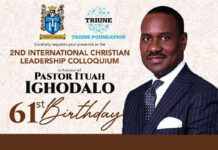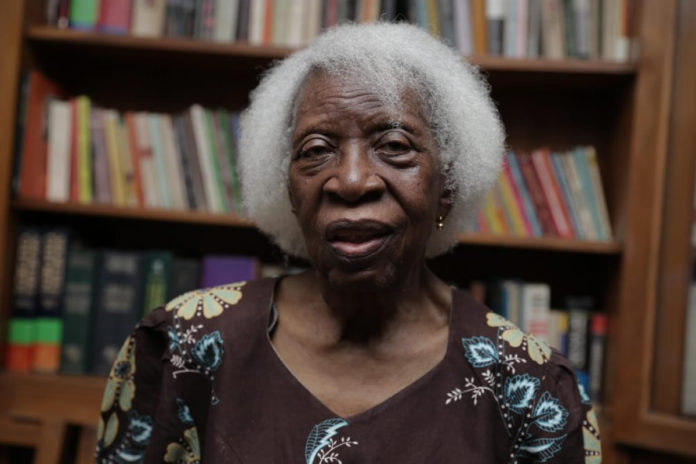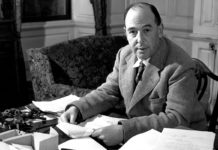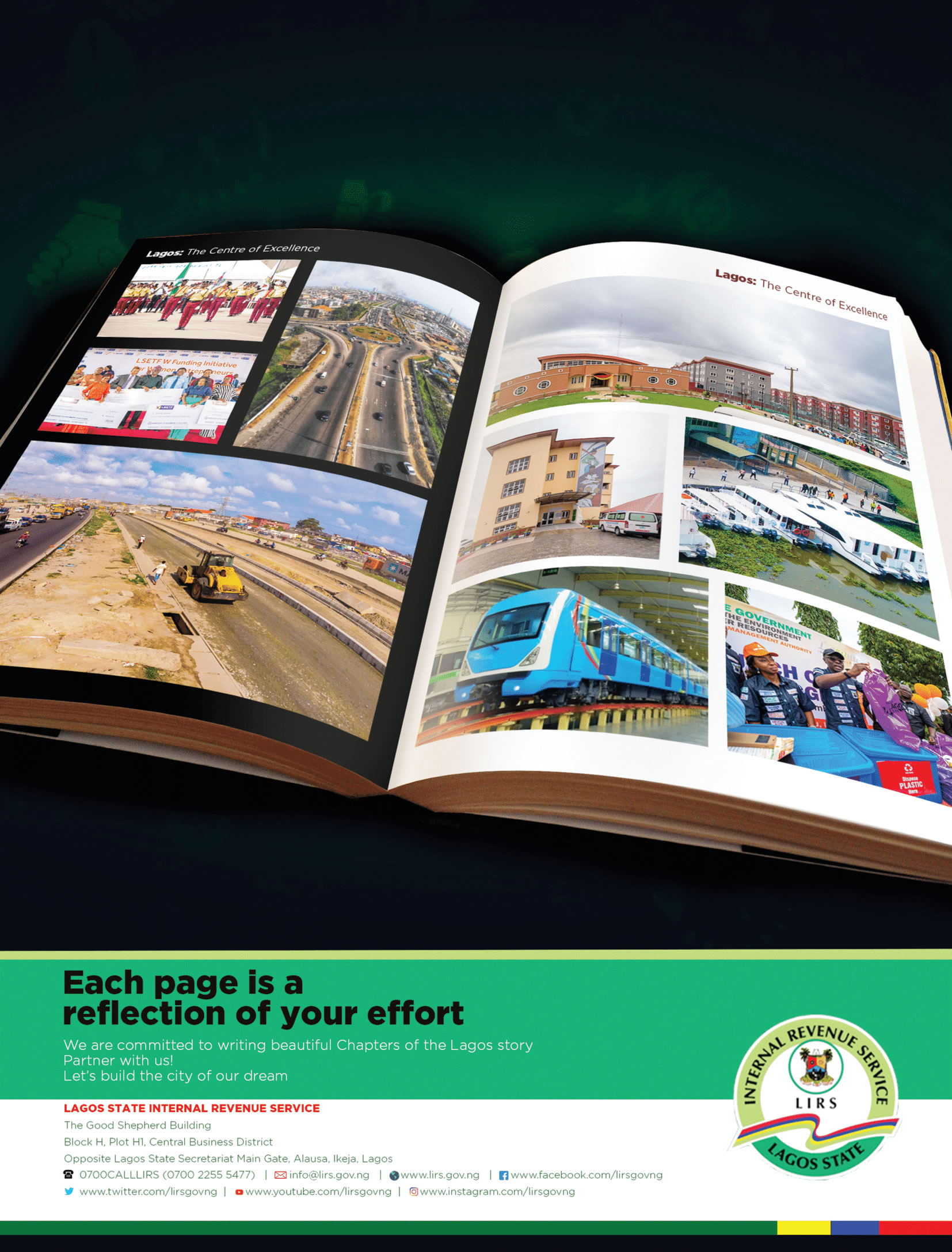“Do you still write?”
The silver haired matriarch turns and shoots a questioning glance at the direction from which the question came.
“If I am not writing what would I be doing?”
“Indeed”, Mabel Segun continues, her eyes scanning the arc of her sitting room, this late Tuesday afternoon.
“I have been trying to write about humour and satire in Nigerian literature but I keep being interrupted by people, including…”
She talks about “this lady who was pressing me to write something for a conference or some sort of thing. She keeps slipping in words into the drafts I have given her…words that suggest that I belong to this..thing. What do they call it, that I am one of these people”?
“NGO?” comes an answer from a guest.
“No.”
“Female rights activists?”, suggests another.
“No, now where is Mowunmi? “ (Omowunmi Segun, her daughter, the novelist).
“Suffragette?”, asks another guest.
“No.”
“Ah, Feminists”, Omowunmi Segun says, suddenly appearing by her mother’s side.
“Yes”, the celebrant is relieved. “These people say all sorts of things that women have to be. As if it’s some set of decrees. She is trying to use me to get legitimacy for this so-called feminism. She said she wants to do something on feminism. I don’t believe in feminism because women who are into it are fakes. They are doing it to get on. They are doing it for selfish reasons. I have been to a thousand and one conferences, and I told the women in feminism long ago, when I was 42, I was doing what the men were doing. Most of them are fakes”.
For those who know Mabel Segun, this pioneering Nigerian writer of the modern era has been involved in work, study groups, sports and vocations that were (then and in some cases still now) in the exclusive domain of men, since she graduated from the University of Ibadan in 1953.
“I was swimming, canoeing, playing table tennis, shooting birds at Obalende, which was a bush then. Nobody lived there. There was this bushy place we went to. There were two boys who borrowed their father’s gun and used to go shooting birds and so on. I was doing everything that the boys did and some said ‘Are you a tomboy?’”, she smiles.
“I told them I am not a tomboy. I am an Honorary Gentleman”.
Everyone laughs, of course, after her.
She’s actually the first Nigerian woman to play in competitive Table Tennis. She entered for Men’s Singles tournaments and was awarded the University’s Table Tennis Half Colour.
“That was what I was because only men did those things and it pleases me now to see women refereeing men’s football, women doing pole vault, women doing all sorts of things. In those days, they said women couldn’t go up. These feminists, they don’t dare anything, I challenge them. When I was younger, they couldn’t have done the things I did. I went canoeing and I nearly drowned. They didn’t do these things. They sit down and write, and they say they are feminists. I’m not a feminist.”
Mabel Segun’s 90th Birthday Event Is Turning To A Series Of Interviews
When I arrive at 4pm, a number of culture journalists from the country’s top mainstream newspapers are just leaving.
Yet the room is quite full, with writers, some other journalists, close friends and family members of the celebrant, including Emily Aig-Imoukhuede, founder of the (now defunct, but once very significant) Gong Gallery, and her husband Frank Aig-Imoukhuede, a former Federal Director of Culture, who happens to be Mrs. Segun’s younger brother.
Now an hour and half after, with food and some light conversation over, the second part of the day’s proceedings begins.
Mabel Segun published My Father’s Daughter, her widely acclaimed first book, in 1965, and she refers to it at the event, responding to a question about what she considers her best work.
“As everybody knows, I take my father as a role model, somebody whose behaviour, whose thoughts, whose everything mean a lot to me. I wrote My Father’s Daughter and some people said they didn’t believe he really lived because they thought he was too good to be true. You cannot be too good to be true because if you set your mind to do things good, you can do it. My father is now dead, he lives inside me and, he will always be inside me and that is why I will not steal. He was a clergyman and he did what he preached.
“Some years ago, 50 years after he was dead, he was promoted. My father was promoted from an ordinary Reverend to an Archdeacon. They removed his body from the coffin and brought his bones to Ora, his hometown and there pronounced him Archdeacon Aigbovbioise Imoukhuede. There are not many people who get that kind of recognition. So, people who don’t believe that My Father’s Daughter is about someone who really lived, I think they are just being jealous. It’s human nature to be jealous.”
Segun is widely noted for her contribution to Children’s literature, an area in which she published a number of books, including Youth Day Parade (1984), Olu and the Broken Statue (1985), Sorry, No Vacancy (1985), The First Corn (1989), The Twins and the Tree Spirits (1990), The Surrender and Other Stories (1995) and Readers’ Theatre: Twelve Plays for Young People (2006), which won the 2007 Nigeria Prize For Literature (shared with Akachi Adimora-Ezeigbo’s My Cousin Sammy).
She founded the Children’s Literature Association of Nigeria in 1978, to promote this widely under-noticed genre of literature. But she has produced works outside the Children arena, including Conflict and Other Poems (1986), My Mother’s Daughter (1986), Ping-Pong: Twenty-Five Years of Table Tennis (1989) and Rhapsody: A Celebration of Nigerian Cooking and Food Culture (2007), an epic work on Africa’s rich culinary history and taste experience.
Just before Mabel Segun cuts her birthday cake, which is designed as a circular bookshelf featuring the covers of several of her books, she is asked to speak to the idea of ageing gracefully, especially in the chaos that is Lagos city, the centre of which she has resided for many decades.
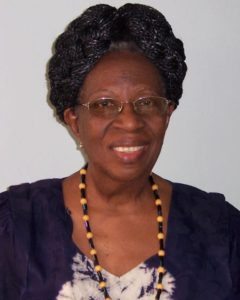 “Slow and steady”, she responds. And she tells a story: “When I didn’t get the National Honours early, people started complaining, my son Femi especially. He said: ‘All this work you’ve done, and they won’t give you?’ I told him ‘Slow and Steady Wins the Race’. When eventually I got the National Honours, do you know what I got? Higher honours than those who had got it previously. So, sometimes it is good to wait”.
“Slow and steady”, she responds. And she tells a story: “When I didn’t get the National Honours early, people started complaining, my son Femi especially. He said: ‘All this work you’ve done, and they won’t give you?’ I told him ‘Slow and Steady Wins the Race’. When eventually I got the National Honours, do you know what I got? Higher honours than those who had got it previously. So, sometimes it is good to wait”.
First published on bookartville.com



